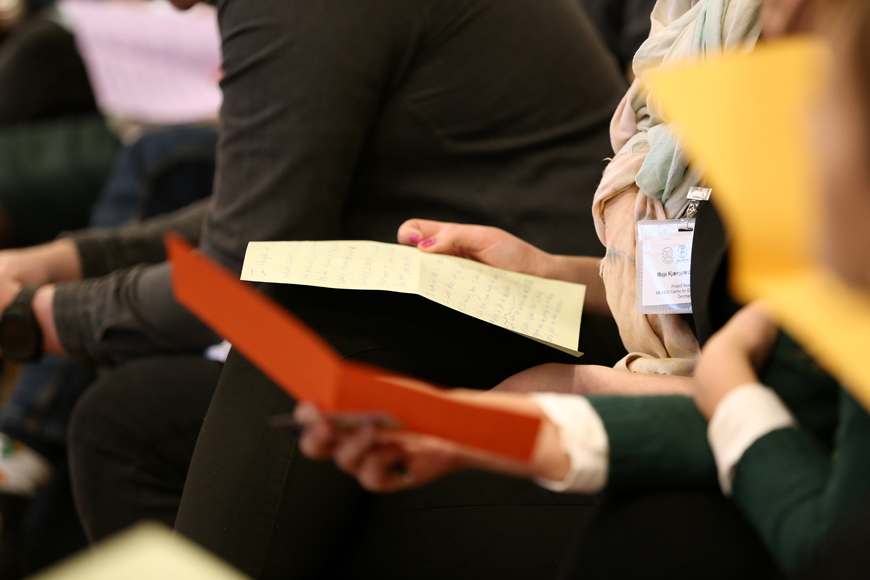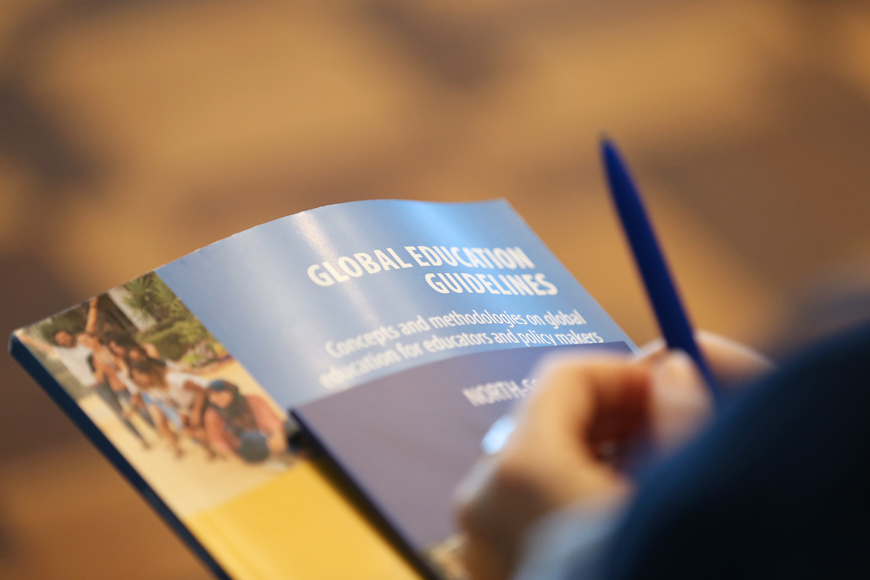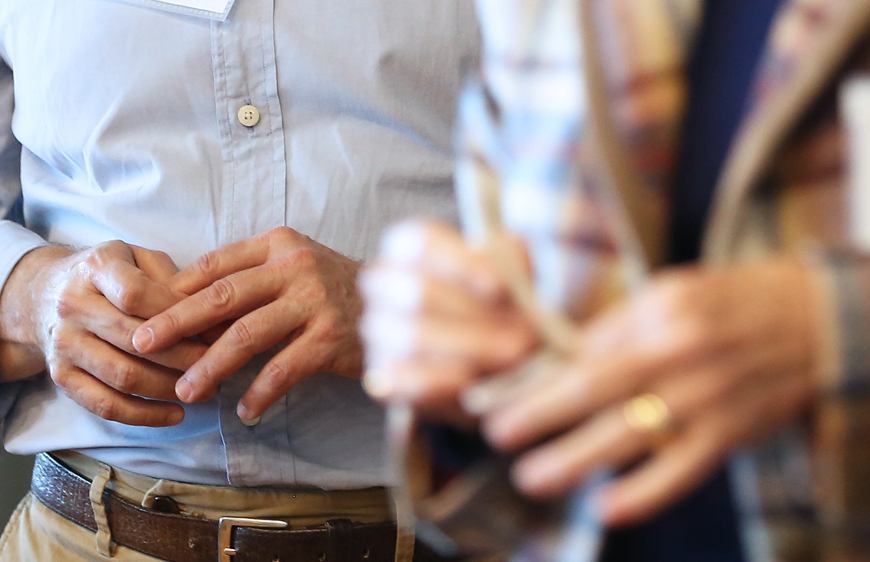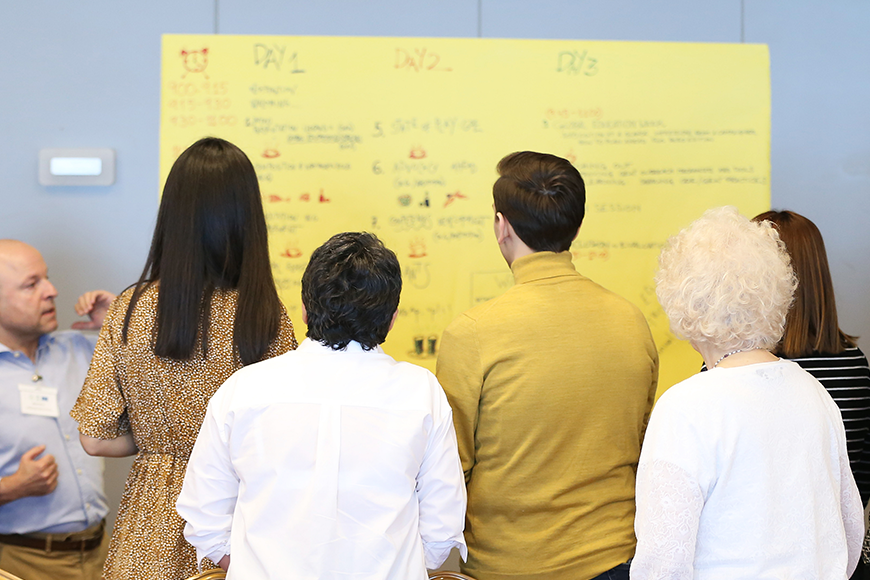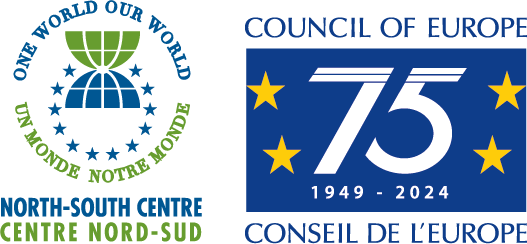Over 700 participants from 54 different countries met in Strasbourg (France) and online for the Pan European Congress on Global Education. The event was organised by the North-South Centre of the Council of Europe on 31 May and 1 June 2022.
The Pan European Congress on Global Education was an important milestone in the framework of the ongoing Council of Europe and European Union joint Programme, iLEGEND II and its outcomes will contribute to the next iLEGEND cycle (2022-2026).
The Congress provided an overview of the achievements in the field of Global Education and helped to define priority actions for the next years. Articulated in two days, the sessions were mainly a call for action to ensure stronger and more inclusive Global Education, contributing to the achievement of the Sustainable Development Goals (SDGs) by 2030.
The interactions and discussions between participants and experts contributed to the success of the event and to a set of recommendations for the coming years, including among others professional development of educators, pedagogical support and training mechanisms, as well as supporting policy frameworks*.
During the Congress, five interviews were conducted with iLEGEND II beneficiaries working for the recognition of Global Education at international, European, regional, national, and local levels. While their action strategies reach different audiences, they all converge on one point: Global Education, when implemented at different scales, enables the development of education systems, allowing everyone to address global challenges.
During the month of July, the videos were posted weekly on the North-South Centre's social networks and were widely disseminated with the support of the Global Education Network, to continue the promotion of a systematic implementation of Global Education concepts and methods.
Experts and participants highlighted the importance to design national policies toward updated educational systems, in which young people are “more aware of their rights”, and also have better knowledge on “what is democracy”. This was what Balint Josa (Hungarian National Youth Council) explained in his testimony, stressing “humanity, active citizenship, youth participation as solutions, tools to change education for the future”.
This led to a broader discussion around educational systems and the vital role of formal and non-formal educators as agents of change. In this regard, Réka Balogh (HAND) called attention to the necessity to provide educators and practitioners with the means and resources to assist learners in their transformative journeys towards the analysis and the understanding of current global challenges. “If young people are able to analyse the problems, maybe they will be able to find solutions in the future”. On this matter, the application of the Council of Europe’s Reference Framework of Competences for Democratic Culture (RFCDC), a set of pedagogical resources, policy, and implementation guidelines, can help to achieve these goals.
Furthermore, experts stressed the need to make education systems more inclusive and participatory. Global Education is essential to ensure this and make systemic changes happen. Therefore, as underlined in Ditta Dolejsiova‘s interview (GENE), it is fundamental “to unite all actors and make them reflect on how to promote Global Education in Europe and globally, in a way that would reach all people.” This is the idea behind the New European Declaration on Global Education to 2050, which aims to strengthen national policy, strategy, and provision for Global Education.
Moreover, Nora Forsbacka (Bridge 47) has emphasised the importance of the SDG 4.7 as a key target to achieve the UN Agenda 2030. Indeed, it ensures that all learners acquire all the necessary knowledge and skills to “reverse the current course and find a way to take humanity on a more sustainable and just path”.
Finally, as Rares Voicu (OBESSU) reiterated in his testimony “the best way to design Global Education is by actively involving young people, and by taking in account what young people are interested in”.
Watch at the testimonies videos on the iLegend webpage.
Watch the sessions of the Congress, please visit the Congress webpage.
* The final report will be available soon.





